Welcome!
Thank you for visiting The Voice Workshop™. I hope you will feel welcome to browse our website and get to know us. I am Jeannette LoVetri, known to my friends as Jeanie, and I am the Founder and Director of The Voice Workshop™ and creator of Somatic Voicework™, a unique body-based voice training program.
Our Mission
We exist to provide cutting-edge vocal information for singers, singing teachers, colleges, universities, conservatories, corporations and those who work with or care for the voice. The information we provide is based upon the latest voice science and medicine as well as more than 45 years professional experience in the field of voice training and care, most particularly in professional singing in New York City.
We desire to be of service to music schools and programs, theatrical, film and recording producers, personal managers, professional voice users, teachers of singing and all those interested in the voice, by providing training and techniques to relax, strengthen and develop the voice.
We believe that the human voice is not limited and that everyone can have a beautiful, expressive voice, no matter what previous experience may have been. We know that everyone can train his or her voice to be flexible, powerful and persuasive, and we believe that full vocal expression leads to deeper personal fulfillment.
We believe that music, especially vocal music, is healing to do and to hear and that all people have equal and free access to the musical instrument that’s inside their own body their voice.
Our Philosophy
The voice that we hear when we speak or sing is produced by the vocal folds when air is expressed through the throat into the mouth and shaped into sounds, words, and phrases through mental intention. The voice, therefore, resides in the body and is produced by a unity of body and mind, of lungs, throat and mouth. We believe that vocal development begins with mental clarity and awareness. We believe that awareness of the body is vital to vocal expression and that it can be learned by anyone. Coupled with correct information, sound making becomes an intimate, immediate experience done in a deliberate manner.
- We believe that the body is wise.
- We believe that there is an intuitive urge in all of us to make sound as freely as babies do, and to sing.
- We believe that deep, free, easy inhalation and exhalation is a requisite for emotional expression.
- Finally, we believe that everyone can learn to have a wonderful voice and can learn to sing, and sing well.
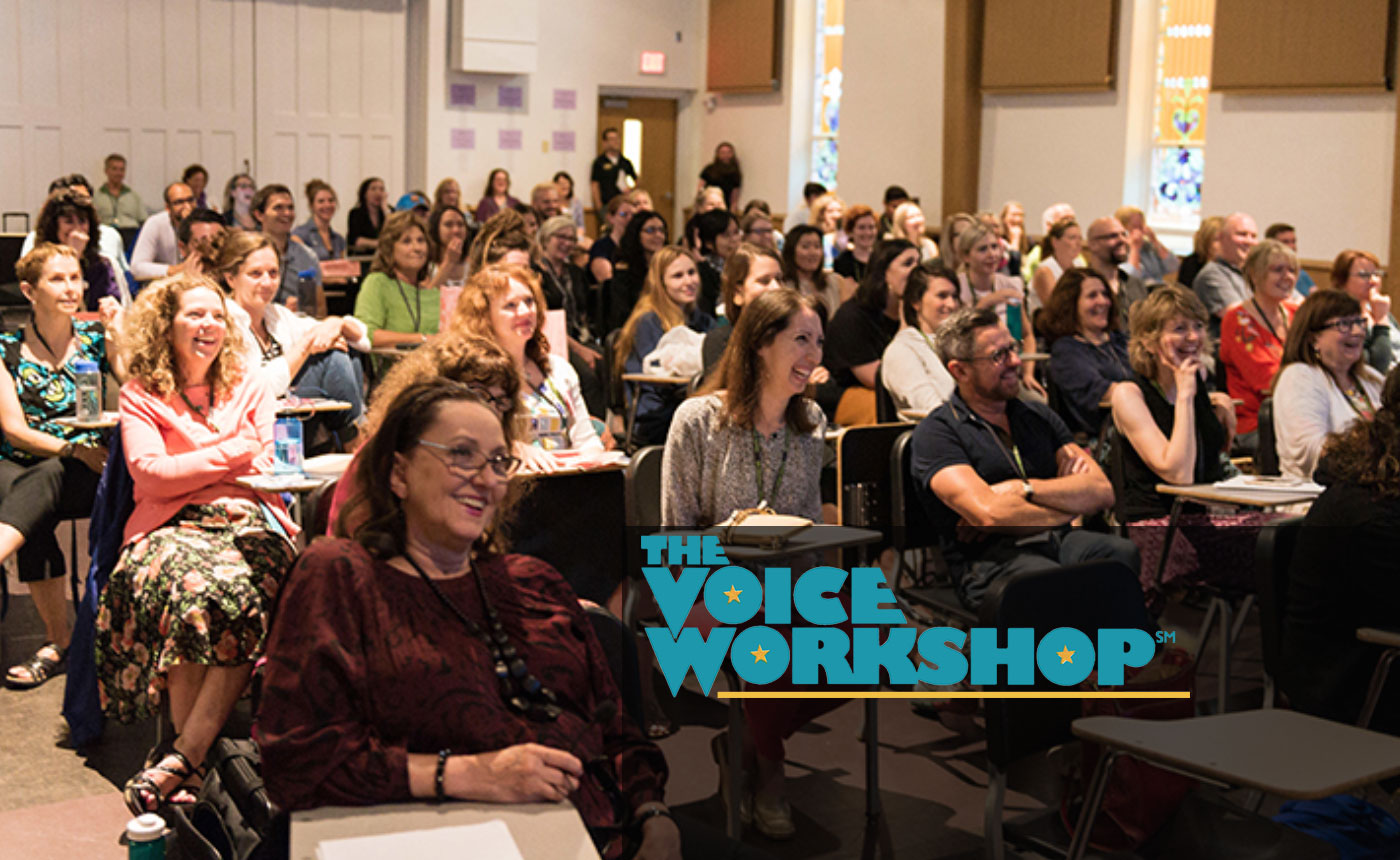
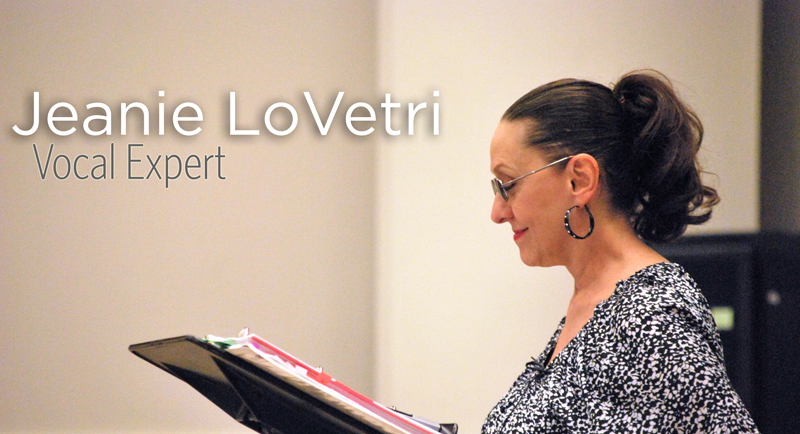
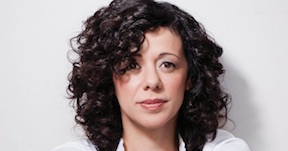

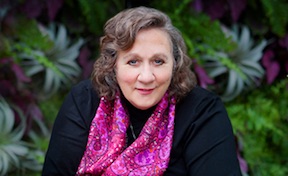


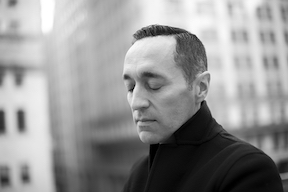 “Jeanie LoVetri’s Somatic Voicework™ has given me the tools to navigate between different styles and extended vocal techniques, and taught me how to teach with clarity and understanding of the human voice. Her approach is clear, concise, empathetic and invaluable for any jazz singer today. “
“Jeanie LoVetri’s Somatic Voicework™ has given me the tools to navigate between different styles and extended vocal techniques, and taught me how to teach with clarity and understanding of the human voice. Her approach is clear, concise, empathetic and invaluable for any jazz singer today. “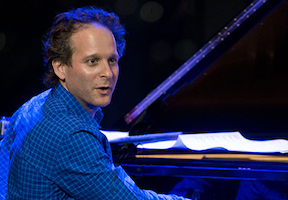
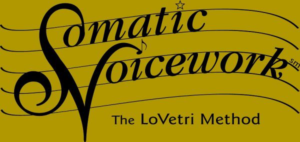 Somatic Voicework™ The LoVetri Method is a body-based method of vocal training which draws from many disciplines. It is based upon voice science and medicine as well as traditional classical vocal training, complementary modalities such as yoga, movement, dance, acting, and speech training, and various bodywork approaches. Somatic Voicework™ The LoVetri Method is meant to unselfconsciously draw the mind of the singer into the physical process of making sound.
Somatic Voicework™ The LoVetri Method is a body-based method of vocal training which draws from many disciplines. It is based upon voice science and medicine as well as traditional classical vocal training, complementary modalities such as yoga, movement, dance, acting, and speech training, and various bodywork approaches. Somatic Voicework™ The LoVetri Method is meant to unselfconsciously draw the mind of the singer into the physical process of making sound.